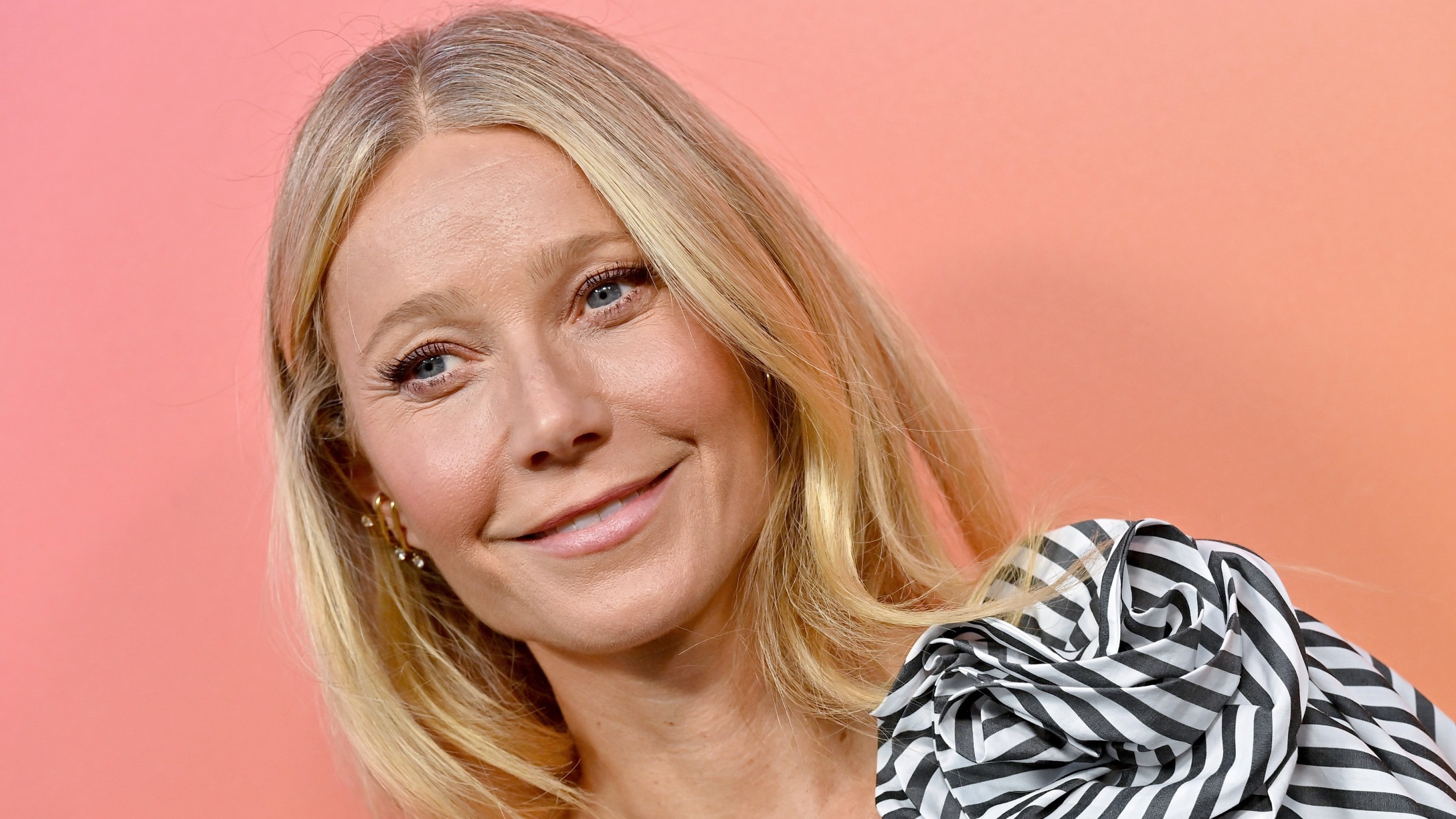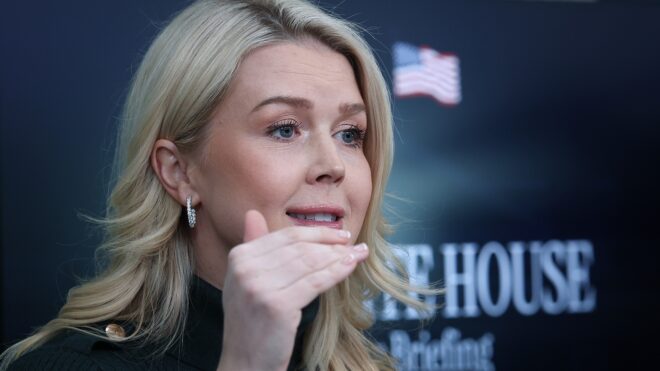
In addition to being an actress, Gwyneth Paltrow has made a name for herself in the wellness industry. And though her brand, Goop, is well-known, the 53-year-old has been accused of using the brand to promote pseudoscience. It might not come as a huge surprise that her morning routine is also pretty controversial. Gwyneth previously revealed that she puts raw cream in her coffee every morning, and recently seemed to confirm that she hasn’t changed her mind about the habit.
There’s been an uptick in influencers talking about raw milk because of Robert F. Kennedy and his MAHA (Make America Healthy Again) movement. Though MAHA influencers have been promoting raw milk, drinking it comes with the risk of contracting H5N1 avian influenza virus and other illnesses. Registered dietitian Kelly Springer told Fox News that “raw milk can contain a variety of disease-causing pathogens” and “there have been many scientific studies that have demonstrated the risk associated with drinking raw milk.”
When speaking to Vanity Fair, Gwyneth acknowledged that many people would consider her beliefs about raw milk to be “pseudoscience,” but she pushed back on this. “There is a line of thinking that says, ‘It’s not necessarily that cow dairy is so hard for us. It’s the way that we raise the cows,'” she said, adding, “We have for millennia been drinking milk that’s unprocessed and doesn’t have antibiotics.”
Springer told Fox News that those who advocate for drinking raw milk might think it’s more nutritious than pasteurized milk, but this is “truly a myth.” She said, “Pasteurization effectively kills raw-milk pathogens without harming the milk quality.”
Springer’s information is in line with what’s recommended by the Centers for Disease Control and Prevention and the Food and Drug Administration. According to the CDC, consuming raw milk comes with serious health risks. Unpasteurized milk can expose people to Campylobacter, Cryptosporidium, E. coli, Listeria, Brucella, and Salmonella. And although Gwyneth seemed to defend her coffee with raw cream preference during a recent interview with British Vogue, the FDA says it’s a “high risk choice.”




